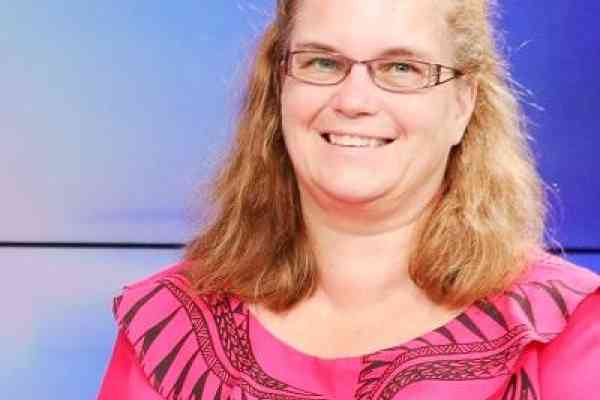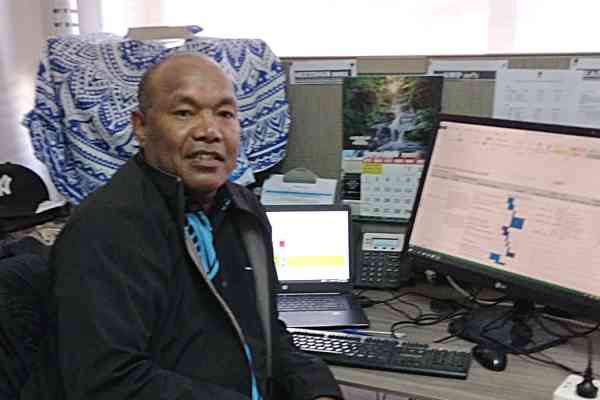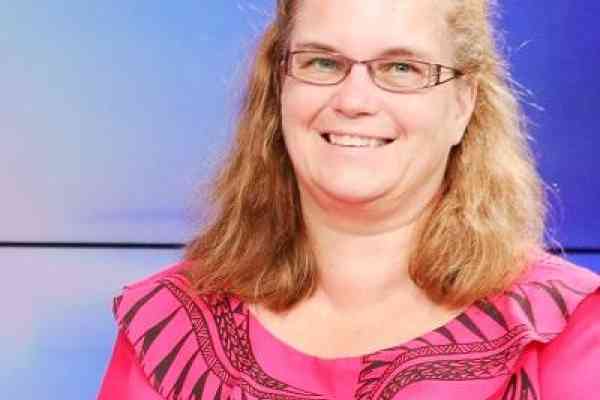 Good morning and welcome to the 10th meeting of the Steering Committee for the Pacific Islands Literacy and Numeracy Assessment, or PILNA. As I look around the room, I see some familiar faces and some not-so-familiar faces, and I hope that through the next two days, we will get to know one another through our collective efforts around the regional large-scale assessment work.
Good morning and welcome to the 10th meeting of the Steering Committee for the Pacific Islands Literacy and Numeracy Assessment, or PILNA. As I look around the room, I see some familiar faces and some not-so-familiar faces, and I hope that through the next two days, we will get to know one another through our collective efforts around the regional large-scale assessment work.
PILNA is now a well-established and internationally recognized regional (or cross-national) assessment of literacy and numeracy. It seems like not that long ago we were gathering to work out how a regional large-scale assessment would provide value to the Pacific Island countries and territories. As we embark on the fifth cycle of PILNA, we continue to hear from many stakeholders as to the value they see in the PILNA programme and the kinds of information it can provide.
One of the strengths and unique characteristics of PILNA is that it is entirely owned by the Pacific Island Countries and Territories who participate. From the defining of regional benchmarks in reading, writing and numeracy to item development, through the trialling of the instruments, administration, and coding of results through to the verification of the findings and recommendations of each study, you and your officers lead the work. Your presence here today and tomorrow is a big part of that process in that decisions taken in terms of both content and logistics are driven by your input.
Over the course of today you will be presented with information about the PILNA 2021 results and reporting and you will look ahead to the next PILNA cycle which is now getting underway. You will have the opportunity to share your own experiences with PILNA data and hear about what is happening in other countries. You will also hear from the curriculum specialists who have been working since Monday this week as they share with you the results of their review of the regional benchmarks on which PILNA is based.
Tomorrow you will be asked to participate in several discussions and decisional items around the lower secondary assessment that is being developed under the PacREF. We are excited to provide the options that might be available and to hear your thoughts on what will provide the best and most valuable data for your work at national levels and as well, at the regional level.
We are extremely grateful to all of you and your ministries for giving us your valuable time and your input into the ongoing regional large scale assessment programme. Without you, PILNA would not be possible, and I am looking forward to the proceedings today and tomorrow.
Thank you.



